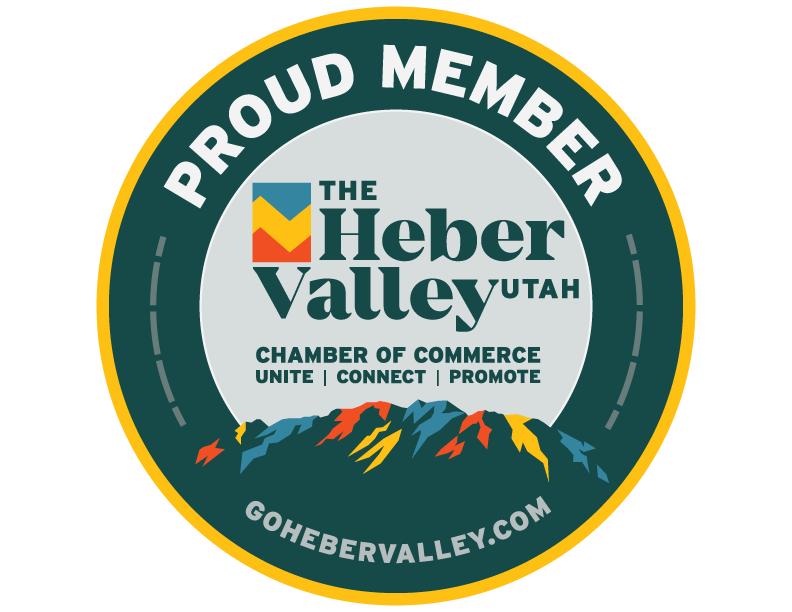An interview has been scheduled. The address is in your phone. You have an outfit washed and pressed. Now, if only you knew exactly what questions you would be asked…
Below is a list of 10 of the most commonly asked questions during a job interview and some tips on how to answer them to stand out as a job candidate. You will learn that researching the company and the position is very important in tailoring your answers and helping you land the position.
1. Tell Me About Yourself.
Sounds simple enough, but you’d be surprised at how many people struggle to talk about themselves. Many regurgitate what is on their resume or divulge their entire life story. Your answer should be concise and to the point. Whatever you do, don’t reply with “Well, what do you want to know?” This comes across as being unprepared and could cost you the job.
Start with a quick recap of your employment history and how that has led you to where you are now. Emphasize interests that align with the company or the job requirements. This positions you as the best candidate to fulfill the needs of the company. Don’t be afraid to share a few of your personal interests which don’t relate directly to the position–the interviewer is trying to get a sense of your personality.
2. What Is Your Greatest Strength?
Think of attributes that best qualify you for the position. Sharing your strengths and aligning them with the qualifications listed for the job will make you a more attractive candidate. Prepare a specific example of how that strength has helped you be successful in the workplace.
3. What Is Your Greatest Weakness?
Don’t freak out when this question is asked–nobody is perfect! Find something that isn’t a key requirement for the job. Show that you are aware of that weakness and tell how you are trying to improve in that area. For instance, if you have a hard time delegating work, talk about how you’d like to work more on teams and how you have learned that being the only one responsible for a project can be overwhelming. Sharing responsibility can produce better results because the best ideas of more people are incorporated.
4. Why Should We Hire You?
Knowing exactly what the company is looking for and what the job requirements are will help you answer this question well. Remember, you are trying to sell yourself as the person most capable of solving problems for the business. Answer in a confident way without being too cocky. Scour the company’s social media posts. Many times this will help you understand what kind of people the company hires and enable you to sell yourself as someone who will fit into the culture, not just the person with the right skills. Highlight a skill you have that will set you apart from other candidates as well.
5. Why Do You Want To Work For Us?
This is another answer that requires homework to be done on the company. Mention something specific that you have found about the company that you really like. Show that you are passionate about becoming part of the success of the company. Relay how some of your goals will be fulfilled by working for that particular organization.
6. Why Did You Leave Your Last Job?
Most important thing here is to be honest. If you left voluntarily, reference a specific quality that has attracted you to the position for which you are interviewing. If you wanted a new challenge, explain how that challenge is being offered by that company. Always give a positive reason for why you are looking in a new direction. Own up to being fired and explain what you learned from that experience. Do not talk negatively about your previous employer no matter what the situation was.
7. Describe How You Overcame a Difficult Work Situation.
Have a success story ready to go. Use one that illustrates you have skills or qualities they are looking for in a candidate. Employers want to know you can handle difficult situations. They want to understand your decision-making skills by how you remedy tough situations. Be specific with your answer, keeping it positive and confident to avoid sounding uncertain or indecisive.
8. Where Do You See Yourself in the Future?
This question is asked to figure out whether or not you will be with the company for the long run, or move on as soon as you find a better opportunity. You don’t need to know exactly where you are headed but you do need show you are committed to the position. If you don’t know where you are going, be sure to emphasize how this job is an important step in helping you make that decision. Talk about parts of your vision that include working for that organization.
9. How Do You Work With Others?
A standard response to this question is “I enjoy working with people.” Anyone can say they work well with others, but it’s important to explain how you accomplish it. Talk about a people skill you have and share an example of how you have used that skill in the workplace. Examples of people skills may include being a good listener, an effective communicator, motivating others, resolving complaints with patience and creativity and leading group discussions.
10. Do You Have Any Questions?
Please say yes to this question! Not asking questions might leave your interviewer with the impression that you aren’t interested in the position. Prepare one or two questions to ask such as specific questions about the position (What is a typical day like? If I were hired, what would you want me to achieve in my first few months?), the company (How long have you been with the company? What are the company’s goals?), or ask if there are any concerns about you as a candidate (Are there any qualifications I am missing?). Avoid asking questions about off-work activities such as lunch, vacation time, or outings. Whatever you do, don’t ask about pay or benefits. This isn’t the right time for that, and asking those questions can make you seem uninterested in the work and the company and focused only on yourself. That information will most likely be given to you as you progress through the selection process.
Putting some thought into these common questions and preparing for an interview by doing research on the company will help you tailor your answers giving you an edge on the other applicants.
Research for this article was compiled from Wasatch Jobs staff expertise, The Interview Guys, and The Balance.




